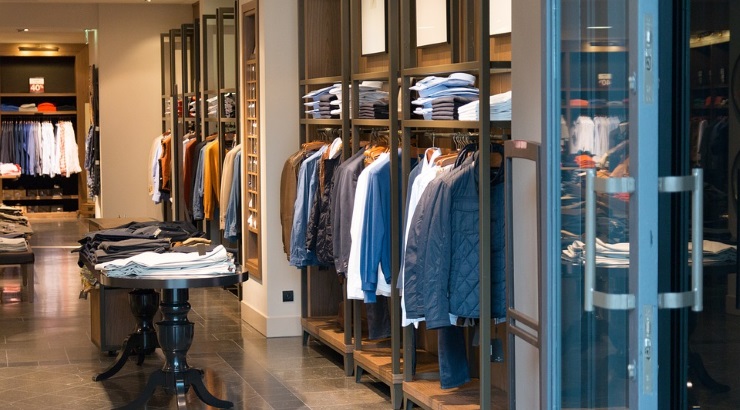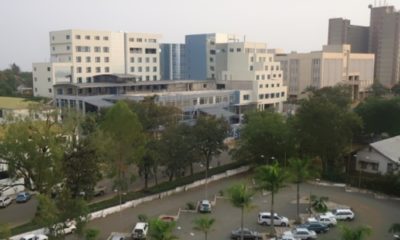Industry News
Mall Tenants Now Play Hardball in Lease Talks
Shrinking demand for space has emboldening tenants to flex their muscle in lease negotiations.

After a few years of relentless construction of imposing shopping centres in Nairobi and other major towns, malls landlords are in for tough times.
The throng of new shopping malls across the country has resulted in a supply glut that is now piling enormous pressure to cut rental prices in order to retain or lure new tenants.
Growing competition, increased supply, and shrinking demand are emboldening tenants to flex their muscle in lease negotiations as landlords fight to keep spaces occupied.
According to Mauritius-based multinational Grit Real Estate Income Group, which holds substantial interests in the Kenyan real estate market, shopping malls in Nairobi are facing greatest pressure to slash their lease fees as more properties enter the market.
“Even though the market has seen upward movement in rental levels in recent years, attributable to increased development quality and international retailers entering the local market, there is likely to be downward pressure in rentals as the local retail supply reaches saturation,” Grit Real Estate said in a review of the local commercial property market.
Malls in the Kenyan capital are charging monthly average rents of between Sh3,250 and Sh4,800 per square feet, the company said in the report.
In the past few years, the estimated formal retail supply in Nairobi and Mombasa has grown rapidly to stand at the current 630,000 and 80,000 square metres respectively, according to Grit Real Estate.
Nairobi is expected to welcome 98,000 square metres of malls this year, further tilting the market in favour of renters.
“The recent surge in retail supply has resulted in slower uptake of new retail space as well stagnating prime rents, culminating in an increasingly competitive market which has prompted some landlords to offer incentives in a bid to attract tenants into recently completed centres,” Grit Real Estate said.
READ: Empty shopping malls in Nairobi echo a sad retail story
The firm did not specify the incentives mall landlords are offering tenants but Construction Kenya understands these to include rent-free fit-out periods of up to three months and free parking for shoppers visiting specific premises.
Grit Real Estate, which has just listed on the London Stock Exchange, holds a 50 per cent stake in the Naivasha-based Buffalo Mall.
The company also owns the Mlolongo-based Imperial Warehouse, which it acquired in November 2016 from Imperial Health Sciences at a cost of Sh2.2 billion.
It also owns a 20,200 square metre vacant plot of land adjacent to the Imperial Warehouse valued at Sh300 million.
Interestingly, the 6,121 square metre-Buffalo Mall reported a Sh271 million loss in the seven months to January, which Grit attributed to rent cuts.
This is not surprising for Kenneth Masika, a partner at valuation and property agent Lloyd Masika, who reckons that the increased supply has encouraged some tenants to negotiate better terms when renewing their leases.
“It’s a tenants’ market,” Mr Masika said in a recent interview with the Business Daily.
Countrywide, investors have built 761,805 square metres of retail space with more than 250,000 square metres expected to enter the market in the next 18 to 24 months.
Nairobi accounts for about 73 per cent of the total number of shopping malls in the country, with Two Rivers Mall (67,000 sqm), Garden City (35,000 sqm) and The Hub (35,000 sqm) being the largest shopping malls in the city.
READ: Mall owners must rethink their strategies to win, retain tenants
According to a past study by commercial property services firm Broll Group, Nairobi is experiencing an upsurge of malls, which has led to relatively high vacancies especially within newly built developments.
“The local retail scene is restricted by a narrow tenant base that is unable to support the vacant spaces available in the market,” Broll said in Sub-Saharan Africa Snapshot 2017.
“Consequently, most shopping centres have same tenants, hence a lack of product differentiation is evident.”
The report further said that the process of acquiring tenants for newer developments is increasingly becoming difficult, which can be evidenced by the delays in opening of some shopping malls due to failure in securing tenants and reasonable occupancy levels.












